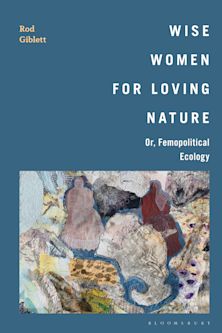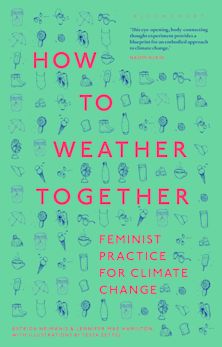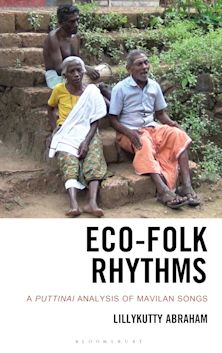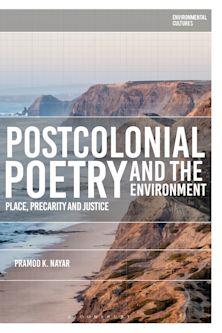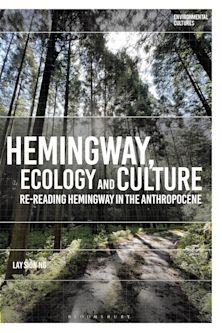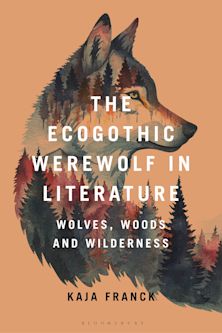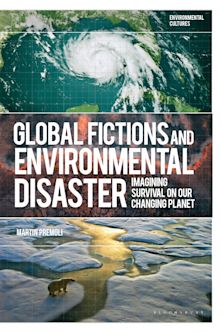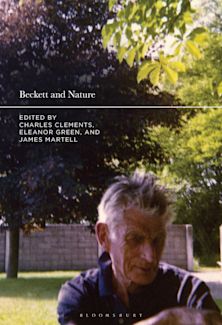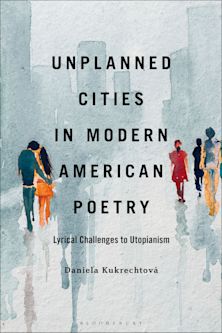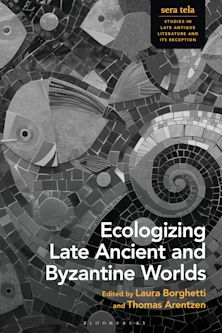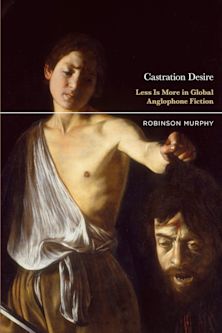- Home
- ACADEMIC
- Literary Studies
- Environmental Humanities/Literature and the Environment
- Critical Ecofeminism
Critical Ecofeminism
This product is usually dispatched within 3 days
- Delivery and returns info
-
Free US delivery on orders $35 or over
You must sign in to add this item to your wishlist. Please sign in or create an account
Description
Australian feminist philosopher Val Plumwood coined the term “critical ecofeminism” to “situate humans in ecological terms and non-humans in ethical terms,” for “the two tasks are interconnected, and cannot be addressed properly in isolation from each other.” Variously using the terms “critical ecological feminism,” “critical anti-dualist ecological feminism,” and “critical ecofeminism,” Plumwood’s work developed amid a range of perspectives describing feminist intersections with ecopolitical issues—i.e., toxic production and toxic wastes, indigenous sovereignty, global economic justice, species justice, colonialism and dominant masculinity. Well over a decade before the emergence of posthumanist theory and the new materialisms, Plumwood’s critical ecofeminist framework articulates an implicit posthumanism and respect for the animacy of all earthothers, exposing the linkages among diverse forms of oppression, and providing a theoretical basis for further activist coalitions and interdisciplinary scholarship.
Had Plumwood lived another ten years, she might have described her work as “Anthropocene Ecofeminism,” “Critical Material Ecofeminism,” “Posthumanist Anticolonial Ecofeminism”—all of these inflections are present in her work.
Here, Critical Ecofeminism advances upon Plumwood’s intellectual, activist, and scholarly work by exploring its implications for a range of contemporary perspectives and issues--critical animal studies, plant studies, sustainability studies, environmental justice, climate change and climate justice, masculinities and sexualities. With the insights available through a critical ecofeminism, these diverse eco-justice perspectives become more robust.
Table of Contents
Theory
Chapter 1: Just Ecofeminist Sustainability
Chapter 2: Plants and Animals
Illuminations
Chapter 3: Milk
Chapter 4: Fireworks
Chapter 5: Animals in Space
Climates
Chapter 6: Climate Justice
Chapter 7: Cli-Fi Narratives
Chapter 8: Queering the Climate
Epilogue
Product details
| Published | May 30 2019 |
|---|---|
| Format | Paperback |
| Edition | 1st |
| Extent | 252 |
| ISBN | 9781498533607 |
| Imprint | Lexington Books |
| Illustrations | 1 b/w illustrations; 4 b/w photos; 3 tables; |
| Dimensions | 9 x 6 inches |
| Series | Ecocritical Theory and Practice |
| Publisher | Bloomsbury Publishing |
About the contributors
Reviews
-
Critical Ecofeminism extends the discussion of ecofeminism, a field of study that connects ecology with feminism, which in turn connects paternalism and capitalism with the domination of women and nature. Adding “critical” to the equation makes a big difference between tying sociopolitical hegemonies and the current climate change crisis. It emphasizes “reproduction” as opposed to “production,” and adds the critical steps to sustainability. Gaard (English, Univ. of Wisconsin, River Falls)—editor of Ecofeminism: Women, Animals, Nature (CH, Dec'93, 31-2177) and author of Ecological Politics: Ecofeminists and the Greens (CH, Nov'98, 36-1540)—advances her argument in favor of a radical environmentalism that confronts, on all levels of culture, the meaning of a viable future for the Earth. Gaard mixes scholarly practice with creative writing and activism to extend the subject matter into many disciplines, including “ecocomposition.” She advocates a just ecofeminist sustainability for plants and animals and illustrates sociopolitical-economic factors present in the culture of milk, fireworks, and animals in space that need to change. She promotes climate justice, reevaluations of “cli-fi” (i.e., climate fiction) narratives, and queering the climate. The bibliography and references alone provide a map for future studies in technology, climatology, literary ecocriticism, and activism. Summing Up: Recommended. Upper-division undergraduates; faculty and researchers.
Choice Reviews
-
Critical Ecofeminism is a comprehensive and rigorous piece of work . . . Gaard’s voice is distinctly unique, and her project is enriched by confessions of how critical ecofeminism has informed her own movements through a range of shifting identities in the natural world. It is testament to her strength and self-assurance as a scholar that she melds the work of so many thinkers – and, most notably, the life-story of Val Plumwood – to restore the foundations of eco-justice for future studies. There is much to be learnt from Critical Ecofeminism; lay-readers will be interested in titbits from hard science and Gaard’s problematisation of “harmless” narratives and rituals, while students and scholars may be more concerned with anti-feminist trends pervading mainstream environmentalism. But most important for the following generation of ecocritics is the unspoken graciousness of Gaard’s approach: a political praxis of listening, not individualist leaning-in.
Glasgow Review of Books
-
This is a phenomenal book, beautifully written, powerfully argued, and supported by an extraordinary range and depth of theory and evidence. I have been profoundly moved by this work and have been reminded once again that Greta Gaard is one of the most important thinkers and activist-scholars of our time.
David Naguib Pellow, University of California Santa Barbara, author of Total Liberation: The Power and Promise of Animal Rights and the Radical Earth Movement
-
An engaging and highly readable monograph by one of ecofeminism’s most insightful scholars, Critical Ecofeminism is a stunning achievement. Gaard gives a reflective account of ecofeminism’s evolution as an intersectional framework for interrogating socio-environmental relations and a politics of solidarity that demands eco-justice for all species. Her book provides welcome vindication for those who have remained convinced of ecofeminism’s critical power despite thirty years of mischaracterization in most corners of the academy.
Sherilyn MacGregor, The University of Manchester












